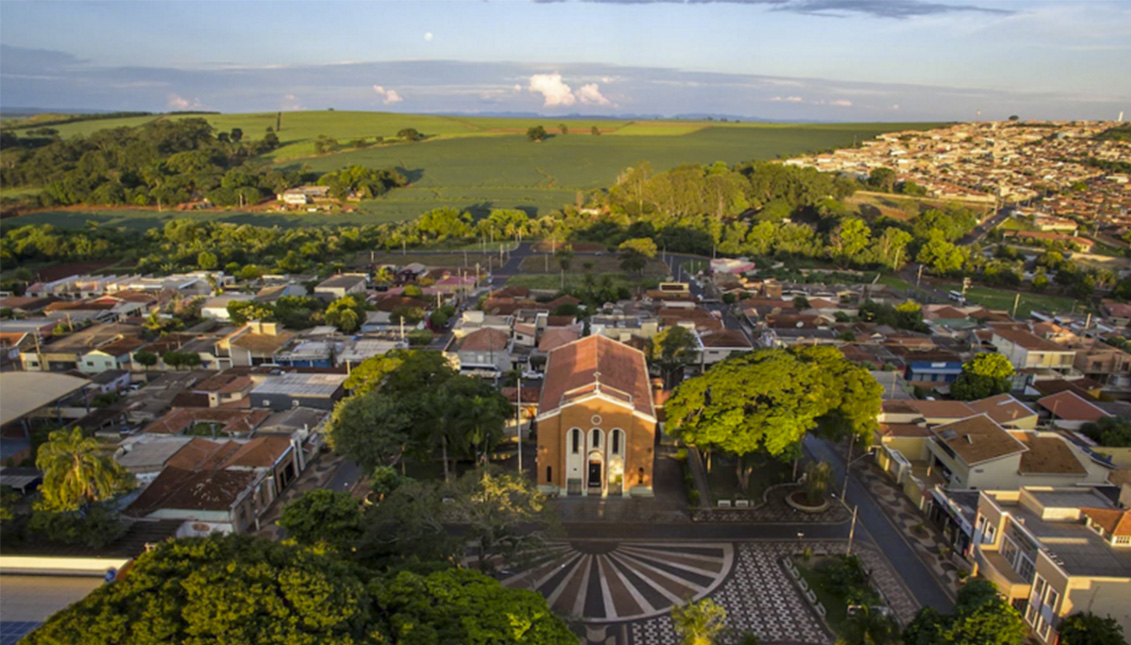
Project S: A "pilot city" to study the impact of COVID vaccines on the world
La Serrana in Sao Paulo will go down in history as the site of an unprecedented study.
While the coronavirus pandemic is wreaking havoc across Brazil, with nearly 4,000 deaths in just one day, according to the latest data as of 31 March, one municipality in the state of Sao Paulo is feeling favored by the "fairies" of medicine.
For in Serrana, this hard-to-reach town of 45,000 people was chosen last autumn to be the site of a world-first study to investigate the real impact of vaccines against the coronavirus.
Dubbed "Project S", the experiment, which has been conducted in secret to prevent floods of Brazilians from all over the country arriving desperately in Serrana, involves a staged macro-vaccination of all its citizens to find out whether an inoculated person can still transmit the virus and how quickly the vaccines are able to contain the pandemic, The Telegraph reported.
"We hope the vaccines will make the disease manageable, an infection we can live with," said Dr Ricardo Palacios, director of clinical trials at the Butantan Institute, which is leading the research. "But we need to test it in the real world to identify whether the vaccines reduce severe disease and transmission.
Palacios also stated that the Butantan Institute's goal is to create a controlled environment in which data can be extracted to indicate, for example, when it is a good time to stop wearing masks or the social distance rule depending on vaccination rates.
RELATED CONTENT
The study is pioneering in that it approaches an entire city as a "pilot" and could shed light on key data such as the minimum number of people who need to be inoculated to block transmission of the virus and protect those who cannot be vaccinated or what the best vaccination strategies are.
However, it is not the only international team working on the future impact of the vaccine, as Scottish researchers found that people living with healthcare workers who had received the two doses from Pfizer and AstraZeneca were 54% less likely to be infected than the rest of the population.
According to Dr Palacios, there are several reasons why Butantan chose the quiet Serrana to conduct the experiment: its size and defined borders, the location of a prestigious research center, and also that it is a transit city, so the virus can circulate more easily.
Scientists have divided the city into 25 zones and vaccination teams will immunize inhabitants on a zone-by-zone basis to compare infection rates between vaccinated and unvaccinated neighborhoods. They will also analyze changes over time.
According to epidemiologists, vaccines have a direct effect on the members of a group and an indirect effect, reducing transmission of the virus. However, they warn against comparing the results of different trials with different parameters or extrapolating the results of one vaccine to all vaccines.
Since the middle of last year, Brazil has become a "guinea pig" country for this type of research because of the unstoppable increase in cases.











LEAVE A COMMENT: